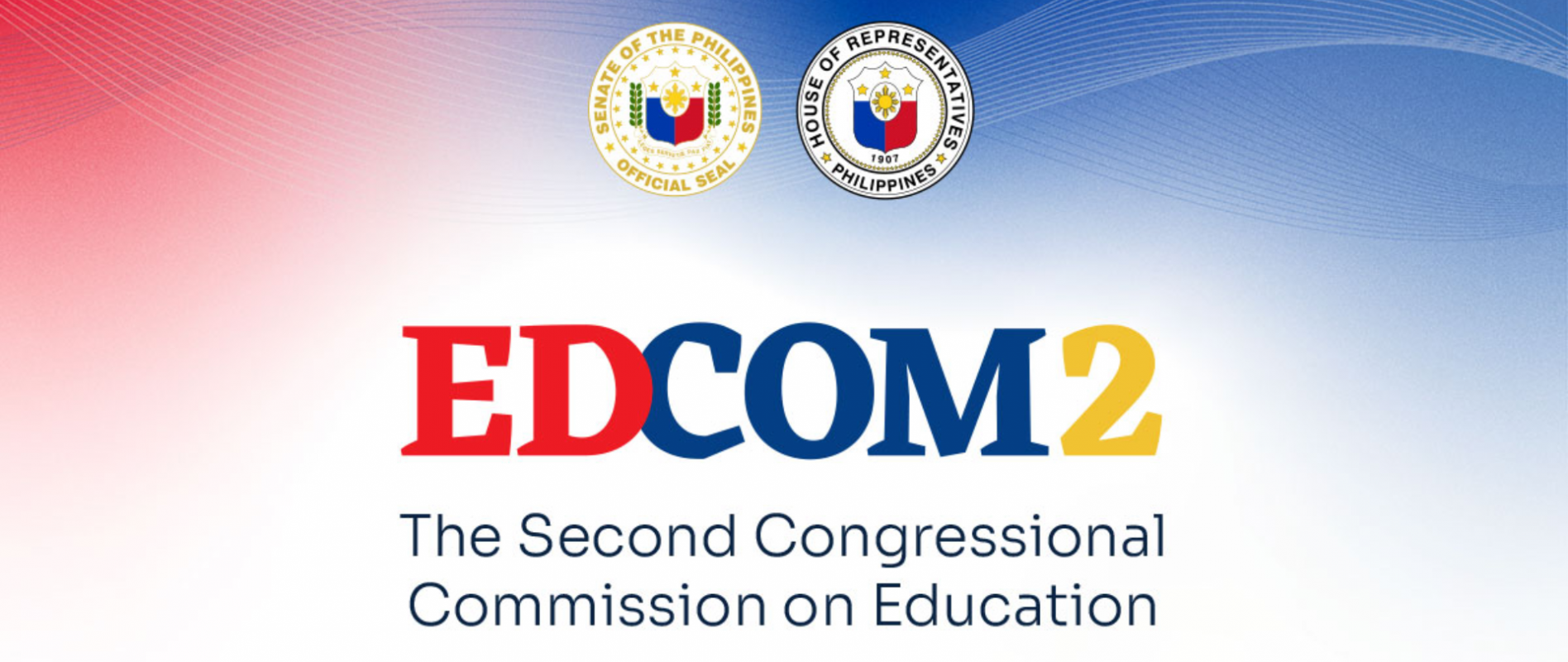EDCOM II URGES DEPED AND CHED ALIGNMENT TO ENSURE COLLEGE READINESS
EDUCATION officials and lawmakers are raising concerns over the implementation of electives in the Senior High School (SHS) curriculum, emphasizing how limitations in smaller schools could hinder students’ readiness for college.
Karol Mark Yee, Executive Director of the Second Congressional Commission on Education (EDCOM II), revealed in a recent hearing that 70% of standalone SHS institutions have fewer than 440 students.
“Assuming 40 students per class, that’s only about five sections for Grade 12. How many electives can DepEd realistically offer in small schools, which make up the majority?” Yee asked.
Senator Sherwin Gatchalian, Chair of the Senate Committee on Basic Education, echoed these concerns, stressing that a student’s preparedness for higher education should not be compromised by the size of their school.
“In small schools, they may not be able to offer all the electives under the Academic track—and that affects college readiness,” Gatchalian said.
DepEd Undersecretary Gina Gonong acknowledged the logistical challenges of offering a wide array of electives, especially in smaller institutions.
She explained that under the revised SHS curriculum, electives will be offered as a “menu of options,” allowing school heads to choose based on available resources, student interests, and local industry demand. However, not all schools will be able to offer the full range of electives.
Gatchalian emphasized that access to electives should not become a barrier to higher education.
He called for stronger collaboration between the Department of Education and the Commission on Higher Education to align standards and eliminate the need for bridging programs between SHS and college.
“We don’t want a scenario where we reform the curriculum but still need bridging programs. SHS graduates should already meet the minimum qualifications for college and be ready to focus on their specialization,” he said.
He further urged a focused review of the SHS electives framework, recommending that DepEd strengthen the core curriculum and better align elective offerings with teacher specializations.
Yee also presented an analysis comparing proposed SHS electives with CHED guidelines, using nursing as an example.
“We know the most popular college courses include teacher education, business administration, criminology, and nursing. But it’s unclear how the current electives prepare SHS students for these programs. So the question is: what assumptions guided the development of these elective clusters?” Yee said.














